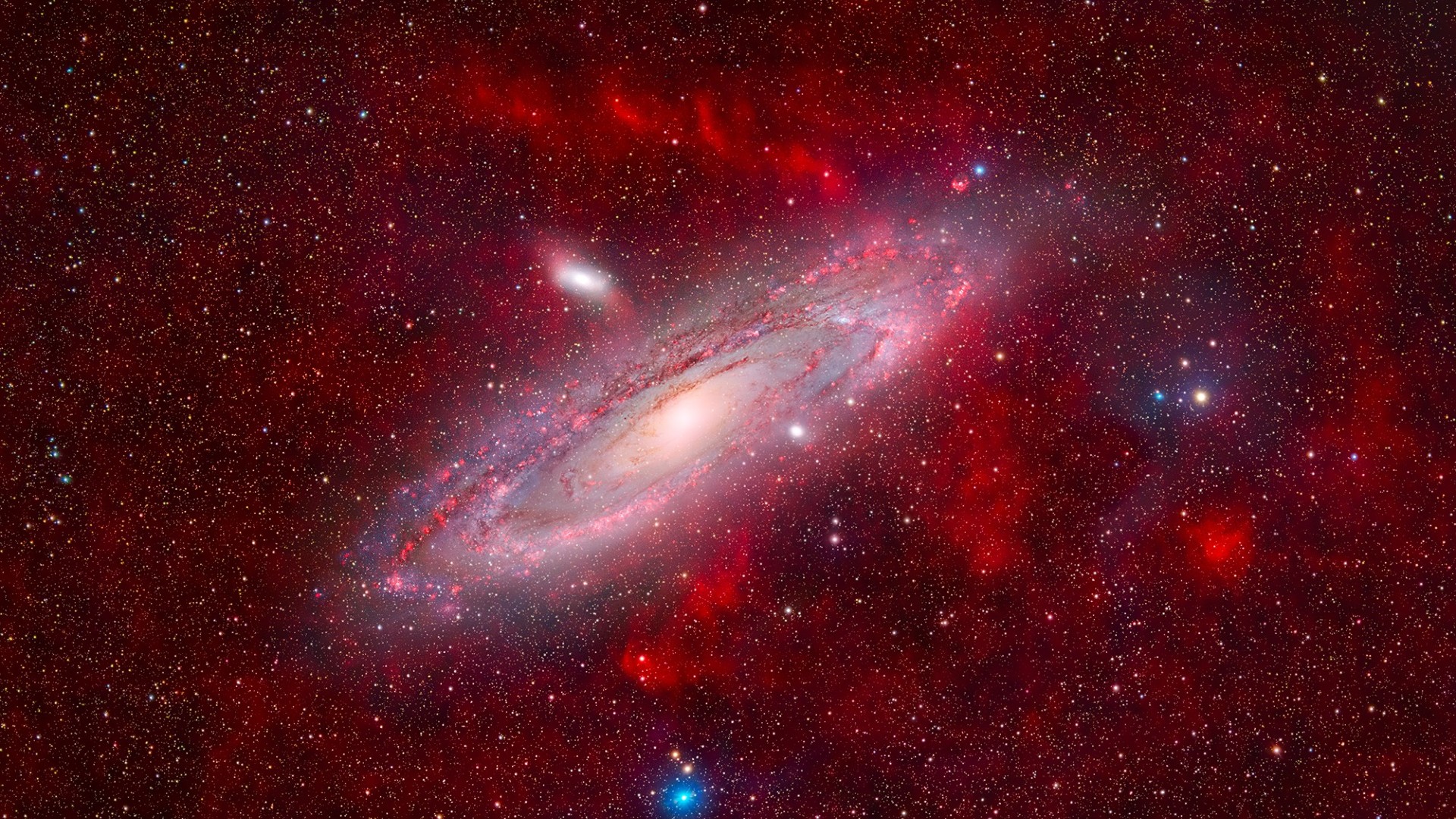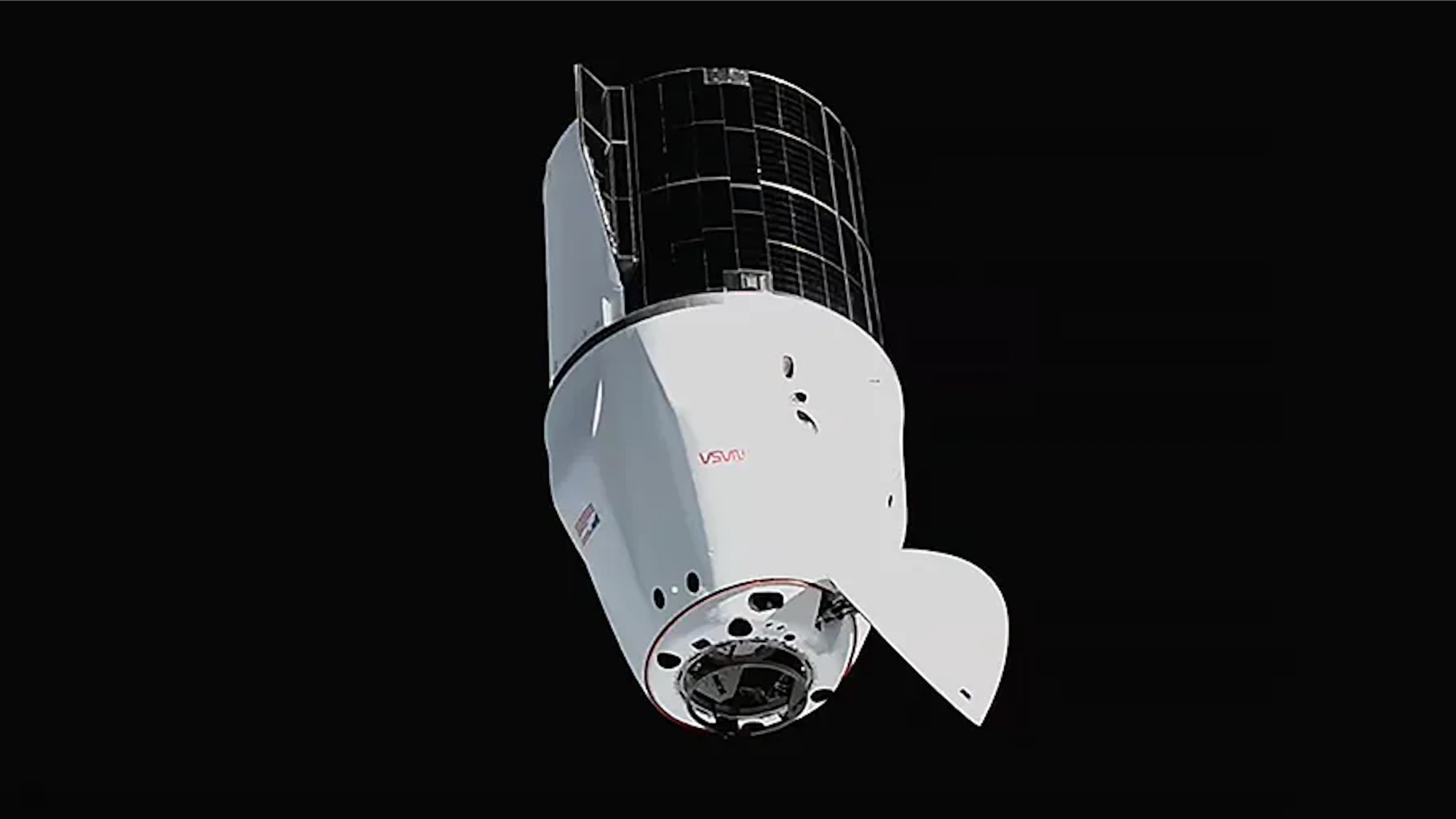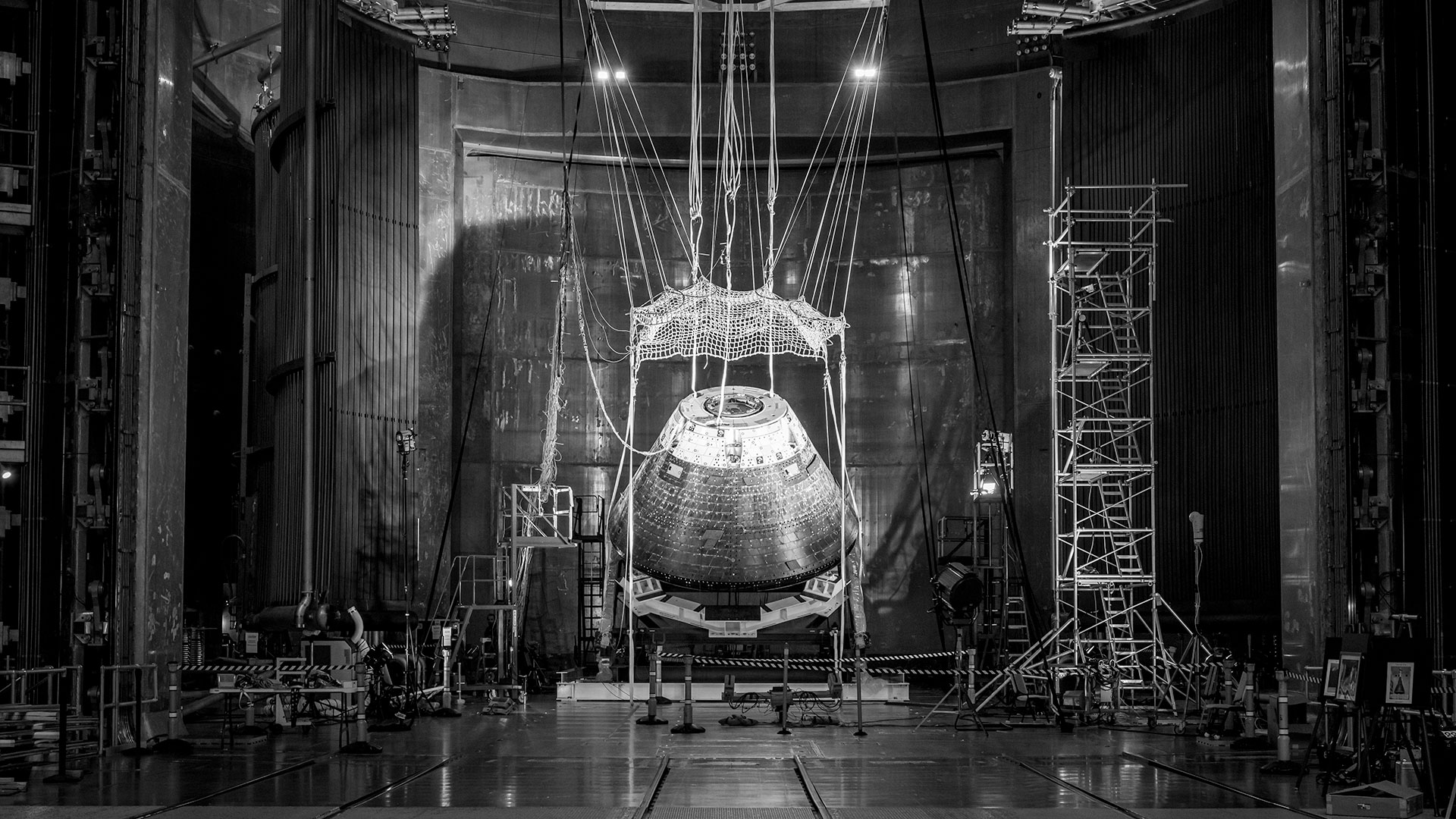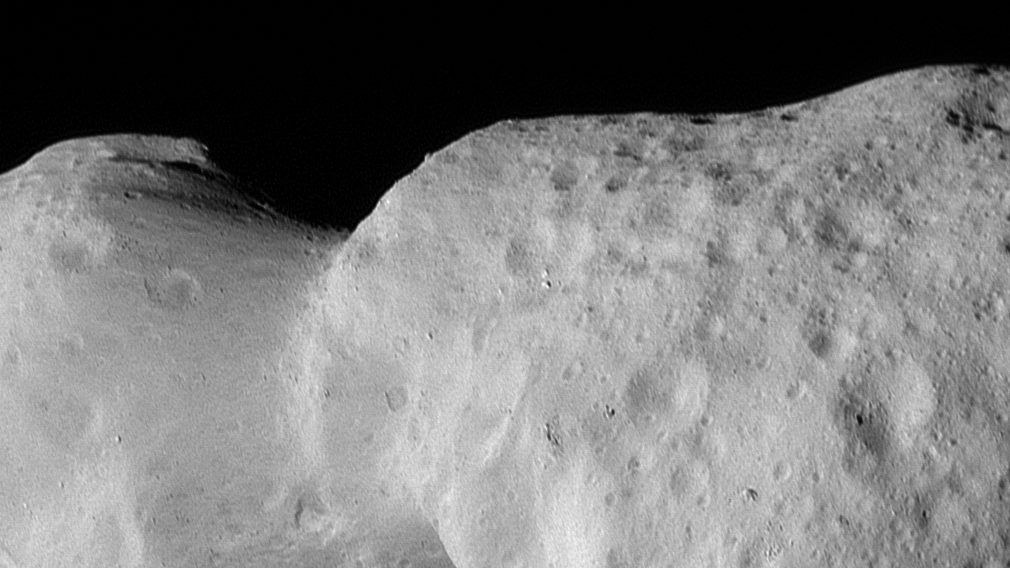What it's like to watch a presidential election from 'Mars'
As six women endure in a white dome on Mars, a woman enters the White House.

I watched the contentious 2020 presidential election unfold from 71 million miles (114 million kilometers) away on the surface of Mars and it was … different.
On Monday (Nov. 2), the day before election day, I lifted off from Newark, New Jersey and landed on "Mars." More specifically, I landed at the HI-SEAS (Hawaii Space Exploration Analog and Simulation) habitat, a small white dome on the side of the volcano Mauna Loa in Hawaii, for a two-week analog Mars mission. This mission, named Sensoria M2, is a simulated Mars mission conducted in collaboration with NASA's Goddard Space Flight Center in Greenbelt, Maryland.
Now, while I expected quite a bit of adjustment with getting used to life on Mars, my first full day on the (simulated) Red Planet was especially strange as it coincided with the 2020 U.S. presidential election. And the thought racing through my head, stuck on loop was: "What will Earth be like when I return?"
Related: A mission to 'Mars' at the HI-SEAS habitat: Live updates
In 2016 — another divisive, heated race — I remember reading and watching live election coverage nonstop throughout election day and in the days following. I even spent election night huddled on the couch with friends and family anxiously watching the events unfold. But this year I spent election day with only my new crew members; my only concrete connection to the election on Earth being through email, which is slowed down to create a realistic Martian communication delay (a transmission takes 20 minutes each way).
That Monday night (Nov. 2), after arriving at my home for the next two weeks in the dome, I and the rest of the crew discussed the upcoming election over our first Martian meal — a dinner of spaghetti and vegetarian "beef" crumbles in a sauce made from rehydrated tomato paste. We wanted to get ahead of any possible conflict in the habitat; effective and open communication within a spaceflight crew is essential and this election has created significant social division in America.
We decided, as a crew, that each person would individually decide if they wanted to be informed about the election and how much information they wanted to have. For me, personally, I wanted to be informed as much and as frequently as possible from my distant vantage point. So, I emailed the mission control support team who are stationed remotely around the globe — an incredible team of volunteers who work to help mission control out with daily tasks and crew support — to let them know that I wanted to be emailed with election updates when they were available.
Get the Space.com Newsletter
Breaking space news, the latest updates on rocket launches, skywatching events and more!
More: Life on Mars: Inside the HI-SEAS isolation habitat (gallery)
Election night
Now, as everyone on Earth already knew before me, by election night Tuesday (Nov. 3), there was no clear winner. I checked my email every hour or so throughout the evening and, slowly, small bits of information trickled through about which candidate had "won" which state, and it became immediately clear that this was going to be, as expected, a close call.
By about 11 p.m. local time (4 a.m. EST, 0900 GMT), I checked my email for the last time on election day — hoping for some kind of conclusive information (or any information at all). But, while the mission control support team was able to send me a ton of data about how the election was going, it became clear that not only would the election winner not be determined that night, but it could be days or even longer before a clear winner is announced.
While not having a clear answer was frustrating (seriously, seriously frustrating), it was interesting that, even from Mars, I knew about as much as my friends back on Earth. In a strange way, that was comforting to know.
A cold, email-less habitat
I woke early on Sol 3 (Nov. 4), anxious to see if there were any further developments in my inbox. But, much to my surprise, as I got out of bed and switched on the light, nothing happened. It was still dark. Venturing downstairs, I noticed how surprisingly cold it was — colder than it's been inside our Mars base so far. I went to see if my lamp was broken or, rather, if there was a bigger issue with the habitat's power.
It turned out that the dome had lost power in the middle of the night, which additionally meant that I was no longer able to connect through email. Soon, with the help of mission commander Michaela Musilova (an astrobiologist who also serves as the director of the HI-SEAS habitat), we were able to restart the habitat's three batteries and, because we luckily had sunny, clear skies to charge our solar panels, we soon had power again.
Because of the hours without power or email access, it was a brief but complete removal from the events happening back on Earth. "Did something happen overnight? This morning?" I found myself thinking anxiously. But as I was able to access my email again, I found out what everyone on Earth already knew: there was still no clear winner.
The waiting game (and a final conclusion...sort of)
On Sol 4 (Nov. 5) and again on Sol 5 (Nov. 6), a few days into the election, I woke up to emails from the mission control support team with updates on which states had swung in which direction and what new lawsuits the Trump administration had raised about the election results (and which of those lawsuits were overturned).
As the mission control support team told me over email, "things are moving slowly."
But when I woke up on Sol 6 (Nov. 7) and whirled down the habitat's short staircase to my desk to check my email, it had happened. It was over.
Not only did Joe Biden win the presidential election but, while living and working on an all-female Mars crew, Kamala Harris, was elected the United States' first female Vice President. For the first time in history, as six women endure Mars in a white habitat, a woman has been elected to the White House.
Now, while not all crew members had the same thoughts and feelings about the election — which is only natural, as we are six former strangers from all walks of life and corners of the globe — we shared our thoughts and feelings about the result with each other: our new "Mars family."
It was difficult at times and certainly different to be away from my loved ones back on Earth throughout the election. But, while I didn't spend the morning talking about the final election results with friends and family back home, my Mars crew had already become somewhat of a little family. We hugged, talked and I breathed deeply for what felt like the first time in a long time, looking forward to what's to come with the new administration.
Email Chelsea Gohd at cgohd@space.com or follow her on Twitter @chelsea_gohd. Follow us on Twitter @Spacedotcom and on Facebook.
Join our Space Forums to keep talking space on the latest missions, night sky and more! And if you have a news tip, correction or comment, let us know at: community@space.com.

Chelsea “Foxanne” Gohd joined Space.com in 2018 and is now a Senior Writer, writing about everything from climate change to planetary science and human spaceflight in both articles and on-camera in videos. With a degree in Public Health and biological sciences, Chelsea has written and worked for institutions including the American Museum of Natural History, Scientific American, Discover Magazine Blog, Astronomy Magazine and Live Science. When not writing, editing or filming something space-y, Chelsea "Foxanne" Gohd is writing music and performing as Foxanne, even launching a song to space in 2021 with Inspiration4. You can follow her on Twitter @chelsea_gohd and @foxannemusic.









